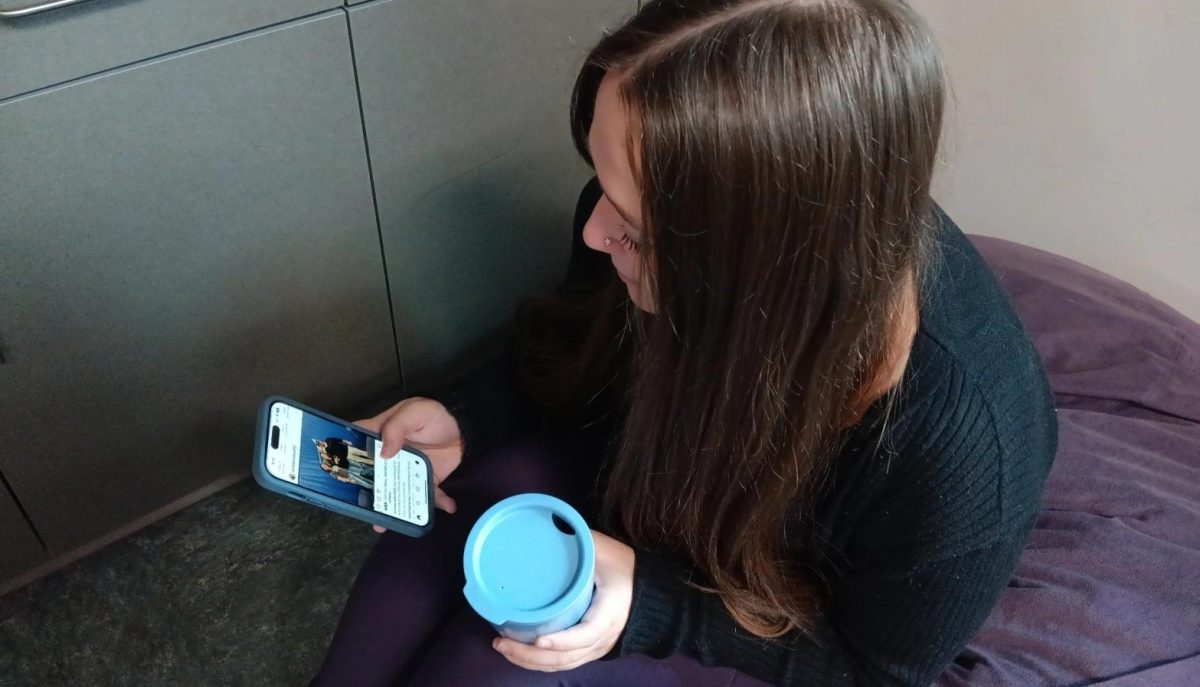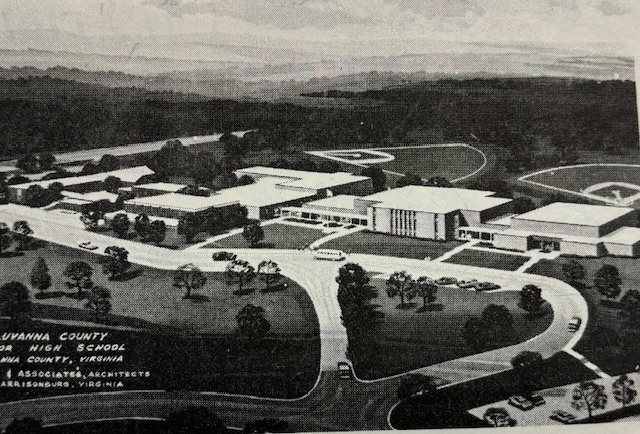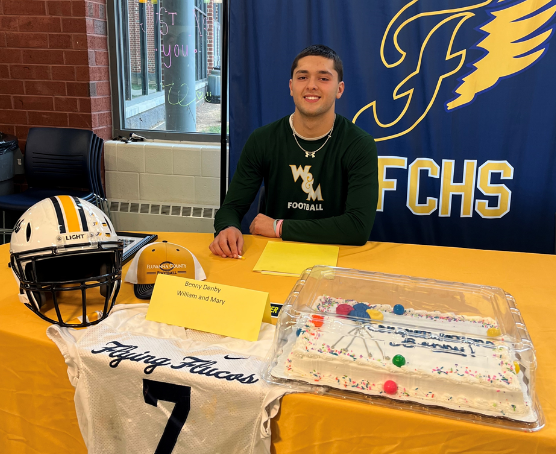On July 9, 2024, Virginia Governor Glenn Youngkin issued Executive Order 33, which directed the Virginia Department of Education (VDOE) to create guidelines for public school to adopt policies and procedures establishing a cell phone-free education in their respective divisions. The executive order reflected the fact that as more students are using their smartphones in school, schools around the world are increasingly facing the question of how–or whether–to allow them in the classroom.
Even though phones can be valuable resources that give students access to apps and the internet in the familiar format of your personal device, they can also be very distracting. Students often lose focus during lectures or work time because of social media, texting, and games, which prevent them from learning the curriculum and can put them behind on schoolwork.
To solve these problems, many schools, like those in Virginia, may be changing their rules to make it more difficult for students to use their phones. Many have outright banned the use of phones in classrooms and students are required to keep them in lockers. Some have set aside areas where mobiles can be used between lessons while keeping phone-free during lesson time. Some schools only allow phones for educational purposes inside certain technology classes. To enforce these rules, schools are detaining students or temporarily taking away their phones if they are caught disobeying.
Supporters of the strict phone usage policy claim that the restriction will enhance academic performance as children will then be less distracted. Research shows that using smartphones hinders memory and critical thinking. Moreover, it is phone-free classrooms that encourage focus and participation. In addition, a lot of teachers say that less screen time is good for mental health. Using smartphones all the time, especially social media, increases anxiety and stress. Allowing fewer phones in schools may help them socialize better and learn more.
Nonetheless, opposition to these policies is strong. Students claim that cell phones are necessary for communicating with their parents and ensuring overall safety. Some parents agree, believing that staying in touch is essential during emergencies. Furthermore, it is thought smartphones can improve learning more as our world grows more digitized by the day.
According to Brandon Cardet-Hernandez of Education Week, banning phones may not be the answer because phones could be used as a tool for learning instead of a distraction. Schools should teach students how to use phones responsibly and allow phones in school for educational purposes that allow the phones to be a gateway for interactive learning.
The campaign for tougher telephone rules is part of a wider attempt to restore discipline and engagement in the classroom. Many teachers now feel like they’re up against distractions other than students listening to music and smartphone notifications. The students’ smartphone distractions may pose just as big a competition as other classroom distractions. Sometimes, when students use gadgets too much, they don’t talk to one another face-to-face. This can obstruct teachers from building a collaborative learning environment. By limiting phone use in school, the authorities are hoping for more interaction between the students and the teachers so that they can connect better.
Despite the backlash from some students and parents, many educators argue that this crackdown is essential for preparing students for a balanced relationship with technology in the future. Teaching students how to manage digital distractions now can help them develop the discipline needed to thrive in both academic and professional settings. As knowing how to use digital tech becomes an increasingly important skill, schools are looking to model responsible phone use, demonstrating how technology can be integrated into daily life without overwhelming it.
In light of this, on Sept. 19, Fluvanna County Public Schools invited local parents to a viewing of a Commonwealth Conversation on Restoring Childhood through Common Sense Approaches to Social Media and Cell Phones Fireside Chat with the First Lady of Virginia and Author and Researcher Dr. Jonathan Haidt. The district is also expected to announce by the beginning of January if and how the district’s current cell phone policy will be changing for the spring semester.
Gov. Youngkin’s September executive order noted that VDOE will issue final guidance January 1, 2025 for local school divisions to adopt cell phone-free education policies and procedures. How will FCPS respond and how will this affect spring semester? Any new policies are likely to be announced prior to the start of spring semester on Jan. 7.



